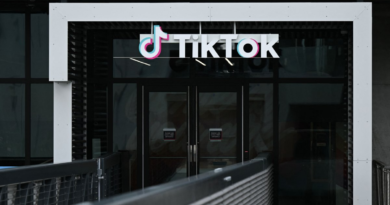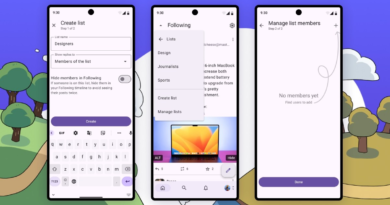HubSpot unveils strategy to integrate AI across the platform
At its Inbound customer conference in Boston today, HubSpot, the Boston-based marketing and CRM platform, announced a comprehensive AI strategy it’s calling HubSpot AI. While HubSpot, much like other enterprise SaaS vendors, has been building in elements of AI for years, with the rise of ChatGPT this year, it is taking a broader approach, while maintaining some of those earlier pieces.
Dharmesh Shah, CTO and co-founder at the company, says that AI, and generative AI in particular, is really going to change how we interact with software in a fundamental way. “We haven’t seen a massive paradigm shift like this in a long time in software,” Shah said in an interview earlier this year. “I think generative AI is going to transform how products get built and how value gets created for customers,” he said. HubSpot has been working on becoming part of that shift.
Andrew Pitre, EVP of product at HubSpot, says the purpose of HubSpot AI is to make it easier for marketers and salespeople to do their jobs, and the company has access to a number of different types of content to help train their models, such as all the blog posts and other material customers have created and stored inside HubSpot. Secondly, he says because of all the content and data, it can help understand the context of a request based on all that existing information.
“So we understand how your business works, and increasingly we’re working on making it possible to understand the tone of your business and the way you communicate as a business,” Pitre told TechCrunch.
Finally, the company stores data about companies in the CRM database, so it should help users better understand who these customers are with information like their basic data, buying history, customer service interactions and so forth.
HubSpot AI involves a four-pronged approach, starting with content assistants. These tools help users in the context of where they are across the platform, to generate whatever content you need. The agents, which are in various stages of development, could help create blog posts, images, marketing campaigns and websites.
The second piece, AI agents, are designed to provide automated help for customers to answer questions and take care of routine customer service tasks. AI Insights offer predictions that let you know things like the customers most likely to churn or most likely to buy, the kind of capability that has been built into the platform for some time. And finally ChatSpot, which was introduced last March and currently available in beta, lets marketing and sales personnel ask questions in ChatGPT-like fashion about the content stored in HubSpot and interact with that content using natural language.
Pitre says that by limiting the data the models can access to what’s available in HubSpot, it can help mitigate hallucinations, which occur when the model doesn’t know an answer and makes one up.
“The honest answer is that it hasn’t been a huge problem for us, but then the general sentiment that we’re trying to get across to our customers is that this is imperfect. You should not take the information that you’re getting as the perfect truth. You should take it as an input that is helping you get to the next level of the thing that you are trying to do,” Pitre said.
The products being announced today are in various stages of availability. AI Insights are already available. ChatSpot is in public beta, AI agents will be available next year and some AI assistants like content assistant is GA, while the image creation assistant is in beta.




